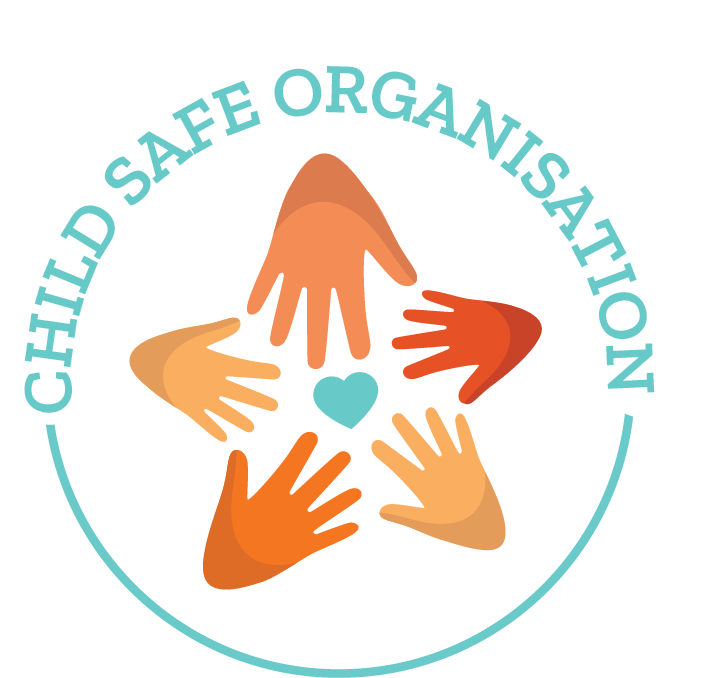Fostering a positive sense of self in young children is a critical aspect of their development. At Starfish Early Learning Centre (ELC), we recognise the importance of building self-esteem and self-confidence from an early age. These attributes are the building blocks of a happy, successful, and resilient individual. Today we’ll dive into how you can help nurture a positive sense of self in your children, and what we do to encourage that process at Starfish ELC.
Understanding Self-Esteem in Children
Self-esteem in children is about how much they value themselves and feel valued by others. It’s a sense of self-worth that is developed and nurtured over time. Children with healthy self-esteem tend to be optimistic, handle challenges better, and are generally more willing to attempt new tasks. It is vital that this aspect of their personality is nurtured from an early age to help them grow into well-adjusted adults.
The Role of Positive Parenting
Our philosophy recognises that parents play a crucial role in a child’s education, and that includes developing self-esteem and confidence. Parents can help their children develop confidence by providing unconditional love, offering praise for achievements, and encouraging effort rather than perfection. Parents and caregivers should focus on the strengths of the child, offering support and guidance, while allowing room for mistakes and learning.
Building a Supportive Environment
A supportive environment, both at home and in educational settings such as that provided by the caring, supportive educators at Starfish ELC, is essential for the development of self-esteem. This includes creating a safe, loving atmosphere where children feel free to express themselves without fear of judgement or criticism. It also involves setting realistic expectations and consistent boundaries, which help children understand their limits and capabilities.
Promoting Positive Self-Talk
Encouraging children to engage in positive self-talk can significantly boost their self-esteem. This involves teaching them to identify negative thoughts and replace them with positive affirmations. For example, changing “I can’t do this” to “I’ll try my best” can have a powerful impact on how they view themselves and their abilities.
Encouraging Healthy Relationships
Healthy relationships with family members, friends, and educators contribute significantly to a child’s self-esteem. These relationships should be nurturing, respectful, and supportive. Children who have strong, positive relationships are more likely to have high self-esteem, as they feel valued and respected by those around them.
Developing relationships can be challenging and intimidating for children, and requires social skills that may not come naturally. For advice on helping your child develop social and emotional skills, check out our helpful article.
Avoiding Comparison Traps
It’s important to avoid comparing children to others, whether it’s siblings, classmates, or friends. Each child is unique, with their own set of strengths and weaknesses. Emphasising this uniqueness helps children appreciate themselves and others for who they are, not for how they measure up against someone else.
The Role of Positive Role Models
Children learn a lot by observing the adults in their lives. Being a positive role model involves displaying confidence, resilience, and a positive attitude towards challenges. At Starfish ELC, educators model these behaviours, showing children how to approach life and its challenges with a positive mindset.
Developing Confidence in Your Child
Nurturing a positive sense of self in young children is a multifaceted approach that involves the combined efforts of parents, caregivers, and educators. At Starfish ELC, we are committed to fostering an environment that promotes self-esteem and self-confidence, understanding that these are key ingredients in the healthy development of every child.
By focusing on positive parenting, supportive environments, and the avoidance of negative comparison traps, we can help children grow into confident, resilient individuals. To find out more about how we can work together to help your child develop unshakable self-confidence, contact us today.
Encouraging a child’s self-esteem involves providing unconditional love and support, focusing on their strengths, and offering praise for effort and achievements. It’s about creating a supportive environment where they feel valued and respected, and teaching them to engage in positive self-talk.
Children begin to develop self-confidence as early as infancy. This process continues throughout childhood. The foundation of self-confidence is laid in the early years, typically between the ages of 2 and 5, as children start to explore their abilities and learn new skills.
How do you support children’s self-esteem and self-confidence in schools?
In schools, supporting children’s self-esteem and self-confidence involves creating a positive and nurturing learning environment. This includes recognising and celebrating each child’s unique talents and achievements, providing constructive feedback, encouraging participation and independence, and modelling positive behaviour and attitudes.

